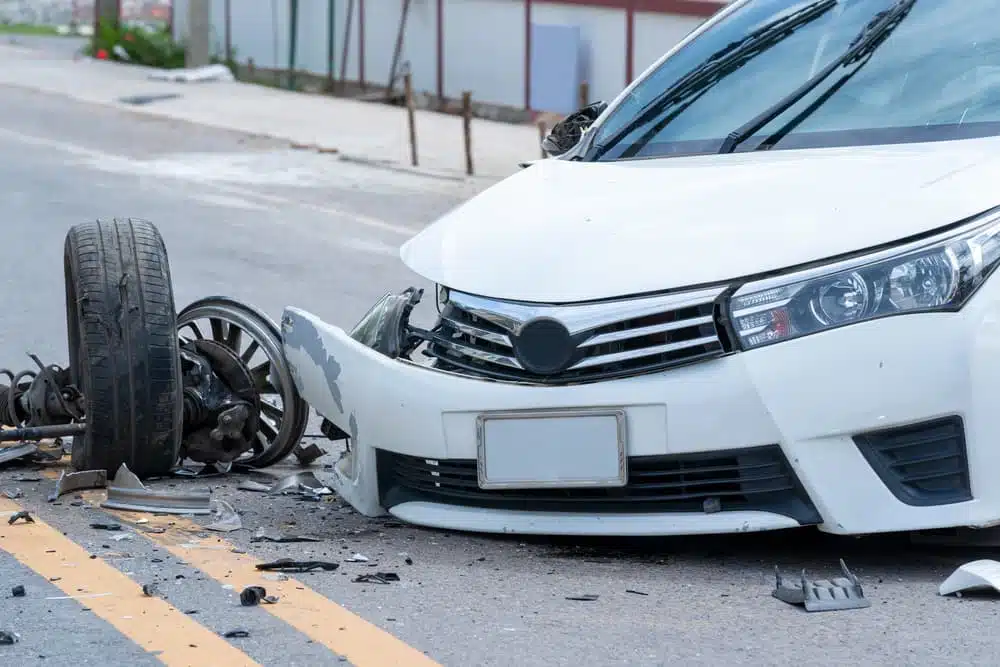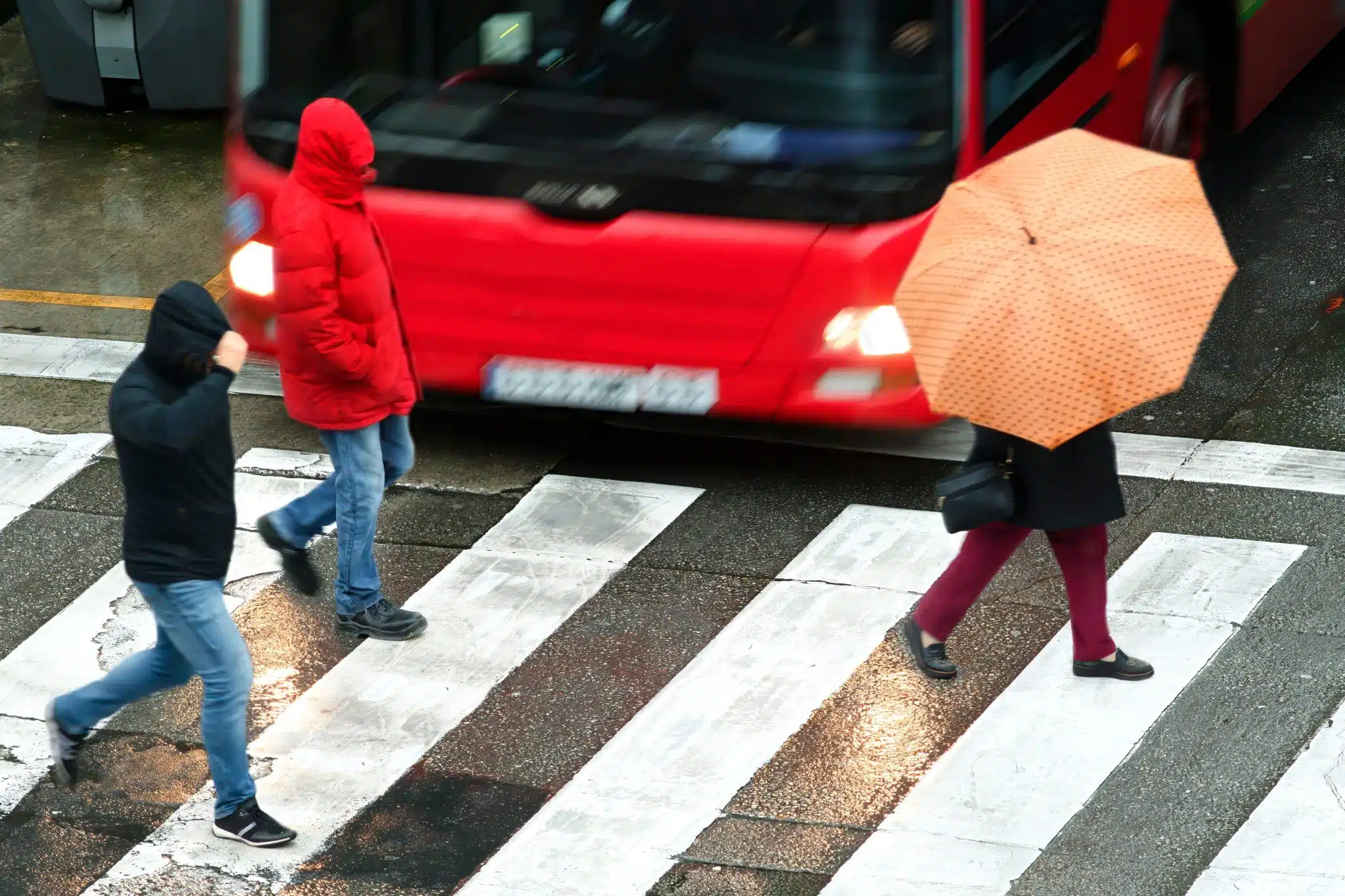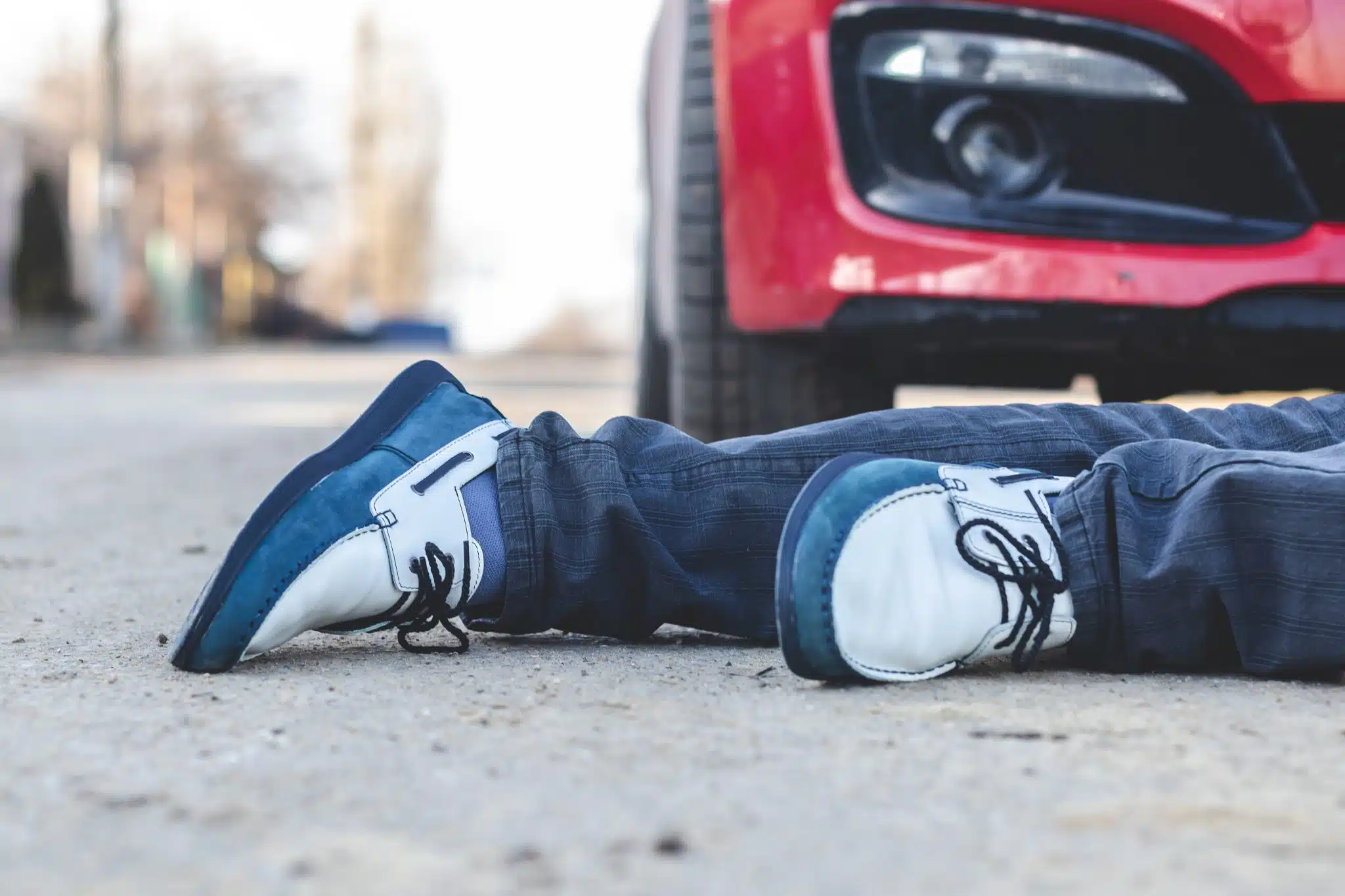
Ridesharing services like Lyft have become enormously popular in recent years as a convenient alternative to driving yourself or taking a traditional taxi. But what happens if you are involved in an accident while riding as a passenger in a Lyft vehicle? Can you take legal action against Lyft?
Often, you cannot, because Lyft drivers work as independent contractors, but in many cases, Lyft’s insurance company will cover an accident.
A rideshare accident lawyer can help you understand your rights and options. Let’s take a closer look at your options if a crash involving a Lyft driver injured you.
Personal Injury Protection Coverage
If you live in a no-fault state like New York, New Jersey, or Pennsylvania, you may first need to exhaust your personal injury protection (PIP) coverage or meet a serious injury threshold before you can file a negligence claim against another driver.
A car accident lawyer not only can help you file that claim, but can evaluate your losses to determine if you qualify to leave the no-fault system and seek compensation for the many damages that PIP insurance does not cover.
Lyft’s Insurance Coverage for Accidents
In most U.S. states, Lyft provides insurance coverage for accidents that occur when a driver is actively engaged in a Lyft ride. This includes the period when the driver accepted a ride request and is en route to pick up a passenger, as well as when the passenger is in the vehicle until the ride has ended in the app.
Lyft’s accident insurance includes:
- $1 million in third-party liability coverage per accident. This covers the Lyft driver’s liability for bodily injury and property damage caused to passengers, pedestrians, cyclists, and occupants of other vehicles.
- Uninsured/underinsured motorist coverage. This provides coverage if an accident is caused by another driver who does not have insurance or does not have adequate insurance to cover the damages. The limits vary by state.
- Contingent collision and comprehensive coverage. This covers damage to the Lyft driver’s vehicle if they maintain auto insurance that includes collision coverage for that vehicle. Lyft’s policy has a $2,500 deductible.
If an accident occurs when the Lyft driver is logged into the app and waiting for a ride request, Lyft provides contingent liability coverage up to $50,000 per person/$100,000 per accident for bodily injury and up to $25,000 for property damage if the driver’s personal auto insurance does not apply. This is often called Lyft’s gap or backstop coverage.
When the Lyft driver is not actively logged into the app, Lyft does not provide any insurance coverage. The driver’s personal auto insurance would apply in those situations.
Determining Liability in a Lyft Accident
To pursue a successful legal claim after a rideshare crash, another party must have caused the accident due to their negligence.
Some common forms of negligence that can lead to Lyft accidents include:
- Speeding
- Distracted driving (e.g. using a cell phone)
- Driving under the influence of alcohol or drugs
- Fatigued driving
- Failure to obey traffic laws
- Unsafe lane changes
- Tailgating
- Inadequate vehicle maintenance
If the Lyft driver’s negligent behavior caused the crash, you would usually make a claim against Lyft’s $1 million liability insurance policy. If the at-fault driver operated another vehicle, then you would first file a claim against that driver’s personal auto insurance policy. If that lacks sufficient coverage or any insurance, then Lyft’s uninsured/underinsured motorist (UM/UIM) coverage would apply up to the limits of that policy.
In some situations, a defect or malfunction in the Lyft vehicle may cause an accident. For example, maybe the brakes failed, or the accelerator stuck, causing the driver to lose control and crash. In those product liability cases, you may sue the vehicle manufacturer, distributor, or parts suppliers.
Occasionally, there may be a situation where a defect in the road itself contributed to the cause of the accident, such as a pothole, uneven pavement, malfunctioning traffic signal, or missing road sign. You can hold a government entity liable for negligent road maintenance, though special rules and strict deadlines apply to bringing a claim against the government.
An experienced rideshare accident attorney can investigate your case, identify all of the potentially liable parties, and pursue the maximum compensation you need to cover medical expenses, lost wages, pain and suffering, and other damages.
Suing Lyft Directly
In most cases, you cannot hold Lyft vicariously liable for the negligent conduct of its drivers, who it classifies as independent contractors rather than employees. However, in some situations you may sue Lyft directly for its negligence:
Negligent Hiring, Supervision, or Retention
Lyft has a legal duty to properly screen its drivers and ensure they can safely perform their job duties. This includes conducting thorough background checks.
If Lyft fails to do adequate due diligence when vetting drivers, hires drivers with a history of dangerous driving behaviors, or retains drivers who have accumulated violations or complaints, then you can hold the company liable if those drivers cause accidents.
Failure to Enforce Rest Breaks
Drowsy driving is a major problem in the rideshare industry. The flexible nature of the job attracts many people to drive for Lyft as a side hustle in addition to a primary job. Drivers may work long hours and sacrifice sleep to maximize their earnings.
If Lyft allows or encourages practices that lead to driver fatigue, or fails to put safeguards in place to prevent drowsy driving, the company may bear responsibility.
Damages Available in a Lyft Accident Lawsuit
If you are injured in an accident caused by a negligent Lyft driver, you may recover damages through an insurance claim or personal injury lawsuit:
- Medical treatment costs
- Lost wages from missed work
- Reduced future earning capacity due to disability
- Vehicle repair or replacement expenses
- Pain and suffering
- Emotional distress
- Loss of enjoyment of life
The exact dollar amount you can recover will depend upon the extent and permanence of your injuries, the degree to which your daily life is affected, and the amount of insurance coverage available, among other factors. An attorney can give you a ballpark estimate of the potential value of your case.
Filing an Insurance Claim vs. Lawsuit Against Lyft
After a crash, file a claim against Lyft’s insurance policy or the at-fault driver’s policy. The insurance company will then investigate the claim and may ask for documentation of your injuries and damages. An attorney can communicate with the insurer on your behalf and negotiate for a fair settlement.
If the insurance company denies the claim or makes an unreasonably low settlement offer, then your attorney may advise you to file a personal injury lawsuit to pursue adequate compensation. Your lawyer will help you file the necessary paperwork, gather evidence to support your claim, and present arguments in court.
Act quickly, because every state’s statute of limitations places a deadline on your right to file a lawsuit. If you miss the window to file, the court will likely dismiss your case. Don’t delay consulting a lawyer who can file your claim in a timely manner.
In New York, the statute of limitations for most personal injury claims is three years from the date of the accident. In New Jersey and Pennsylvania, car accident victims have two years from the date of the accident to file a rideshare accident lawsuit.
These deadlines apply to filing a lawsuit in civil court, not necessarily to reporting the accident to your insurance company or filing a claim with the rideshare company’s insurer. Insurance policies often have much shorter reporting windows, sometimes as little as a few days or weeks after the crash.
Some circumstances may extend or toll (pause) the statute of limitations, such as if the accident victim is a minor or you cannot locate the defendant. However, these situations are rare, and you should never assume an exception will apply without first speaking to a lawyer.
To protect your right to recover compensation after a serious rideshare accident, consult an experienced Uber/Lyft accident attorney as soon as possible. Your lawyer can promptly investigate the accident, gather evidence to support your claim, and file your case in a timely manner.
Why Do I Need a Lawyer if I Want to Sue Lyft for a Car Accident?
After a Lyft accident, hire an experienced car accident lawyer to represent you. Here’s why:
Dealing With Insurance Companies
Lyft accidents often involve multiple insurance policies, including Lyft’s corporate coverage and the at-fault party’s individual auto insurance. Insurance adjusters are trained to minimize payouts and may try to get you to settle for less than your claim is worth. An attorney can communicate with the insurance companies on your behalf, properly value your claim, and negotiate for a full and fair settlement.
Proving Liability
Determining and proving fault in a rideshare accident case can be complex. A lawyer can thoroughly investigate the accident, gather evidence such as police reports, witness statements, and surveillance footage, and build a strong case to show how the other party’s negligence caused your injuries.
Navigating the Legal System
Filing a lawsuit involves drafting and filing formal legal complaints, meeting critical deadlines, adhering to strict court procedures, and making persuasive arguments in front of a judge and jury. An experienced Lyft accident lawyer will know the applicable laws and can guide you through every step of the litigation process.
Maximizing Your Compensation
A knowledgeable attorney can accurately assess the full value of your case, including hard-to-quantify damages like pain and suffering. Your lawyer can also identify all possible sources of recovery, including insurance policies you may not know about. Studies have shown that car accident victims who hire a lawyer recover significantly more on average than those who try to handle their own claims.
Most Lyft accident lawyers offer free initial consultations, so it costs nothing to discuss your case with an attorney and learn about your options. Personal injury lawyers also typically work on a contingency fee basis, which means they only get paid if they win money for you.
While you can try to sue Lyft on your own, going up against a large corporation and several insurance companies without an advocate in your corner puts you at a significant disadvantage. An experienced rideshare accident lawyer can give you the best chance of recovering the full and fair compensation you need to move forward after a serious crash.
Contact an Experienced Lyft Accident Attorney
Navigating the legal process after a Lyft accident can be confusing, especially when dealing with a large corporation and multiple insurers.
An experienced rideshare accident attorney from Rothenberg Law Firm LLP can investigate the crash, determine liability, deal with the insurance companies, and fight for the full and fair compensation you deserve.
Our personal injury lawyers offer free initial consultations and work on a contingency fee basis, which means you don’t pay unless and until we recover money for you.
If you’ve been seriously injured in a Lyft accident, contact a knowledgeable rideshare attorney at Rothenberg Law Firm LLP to learn about your rights and legal options for seeking the compensation you need to aid your recovery. Contact us today at (800) 624-8888 or through our online form for your free, no-obligation consultation.






